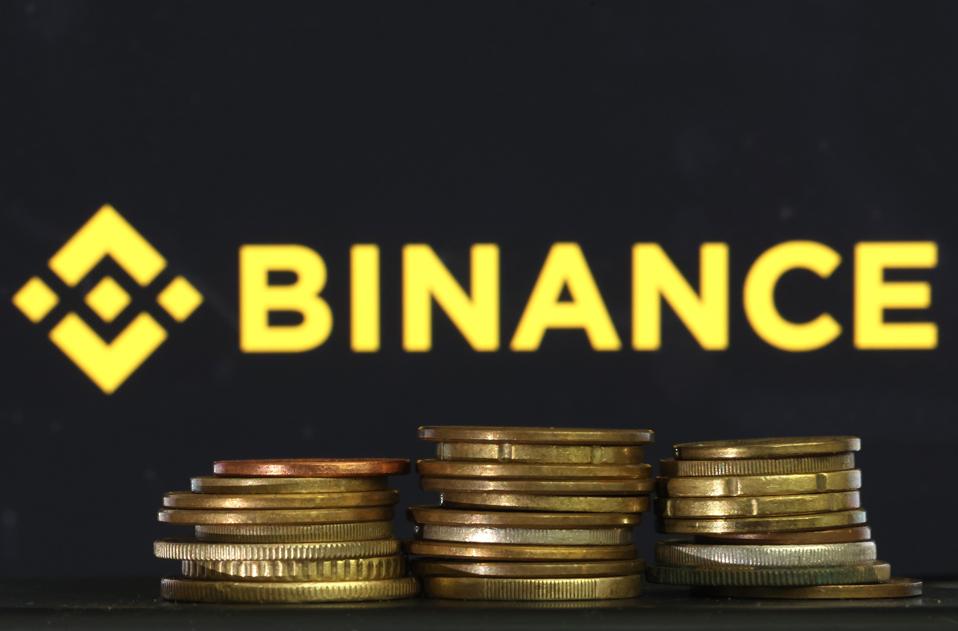President Donald Trump’s pardon of Changpeng “CZ” Zhao, the founder and former CEO of Binance. CZ, who had previously pleaded guilty to anti-money laundering (AML) violations and agreed to step down from the helm of the world’s largest cryptocurrency exchange, has divided the digital asset and traditional finance communities. The decision sends contradictory messages about the United States’ evolving stance on digital assets. While signaling a growing acceptance of crypto’s mainstream presence, it potentially undermines efforts to construct crucial regulatory guardrails designed to protect the financial system from illicit activities.
A Nod To Innovation?
Trump’s pardon of CZ will undoubtedly be interpreted as a bullish signal in the digital assets community, suggesting a more lenient or even accepting stance from a high level of government. Proponents might frame it as an acknowledgment of crypto’s undeniable economic significance and its potential as an innovative force. The pardon could be seen as protecting digital asset innovation from what some perceive as overzealous or antiquated regulation.
The move potentially attracts more institutional and retail investment by suggesting a federal government less inclined to crack down on industry leaders that push the regulatory envelope in the name of innovation. It’s a narrative that appeals to the libertarian spirit often found in digital asset circles, where government intervention is eschewed.
Undermining KYC/AML Efforts
The move has been viewed with profound concern from financial regulators and TradFi. Critics cite the potential to severely undermine crucial efforts to regulate the crypto industry, particularly concerning Anti-Money Laundering (AML) and Know Your Customer (KYC) protocols.
CZ’s guilty plea for failure to maintain an effective anti-money laundering (AML) program was a landmark moment, signaling a serious commitment by U.S. authorities to hold even the most powerful crypto figures accountable for failing to prevent illicit financial flows. Additionally, Binance paid a $4.3 billion penalty signaling the gravity of the charges brought against the company and its founder.
An often raised concern (in this case and others outside the digital asset world) is that high-level political intervention could mitigate legal consequences. This perception would gravely damage the U.S.’s credibility as a global leader in financial regulation and the fight against financial crime. Would the rule of law apply equally to all, or can political influence override critical financial safeguards?
Timing Is Everything
The timing of the pardon comes at a time when legislators are laying the groundwork to create a more transparent digital asset environment in the United States. The action may cast doubt that lawmakers’ efforts will do little to provide a more secure environment for legitimate investors, increasing systemic risk within the digital asset ecosystem
The recent passage of the GENIUS Act (Generic Exchanges and Network Infrastructure for the Utility of Securities) and the continuing debate over the final form of the CLARITY Act (Creating Legal and Regulatory Integrity for Transparency and You) highlight this tension. The GENIUS Act, designed to streamline aspects of crypto exchange operation, suggests a federal embrace of the industry’s structural evolution. Simultaneously, the CLARITY Act aims to solidify definitions and consumer protections, often with more stringent AML/KYC requirements, akin to the regulations traditional financial institutions and fiduciaries are currently subject.
CZ’s pardon projects uncertainty on this legislative process. The act risks signaling that while Congress moves to regulate and legitimize the industry, the executive branch is willing to forgive massive AML failures. This makes the delicate work of structuring a secure, legal market via legislation even more complex, confusing regulators and potentially weakening the resolve for robust enforcement measures meant to accompany these new laws.
The Political Calculus
Analyzing Trump’s decision inevitably leads to exploring potential political motivations. The pardon could be seen as an appeal to a populist base that often feels disenfranchised by traditional financial systems and perceives government regulation as overreach. Trump’s keynote at Bitcoin 2024 emphasized his presidential goal to establish the United States as, “the crypto capital of the planet and bitcoin superpower of the world.”
Navigating Ambiguity
Ultimately, Trump’s pardon of CZ synthesizes these pros and cons into a deeply ambiguous message for the future of cryptocurrency. On one hand, it unmistakably acknowledges crypto’s growing presence and economic potential, perhaps even its inevitability.
For regulators, it raises questions about the long-term enforceability of financial laws in the digital asset space. For financial institutions grappling with integrating crypto, it introduces further uncertainty regarding compliance expectations. And for the crypto industry itself, while some may celebrate, others worry that a loosening of regulatory resolve could lead to instability, greater scrutiny from international bodies, and a slower path to mainstream acceptance built on trust and transparency.
A Double-Edged Sword
CZ’s pardon underscores the ongoing tension between rapid technological innovation and the critical, often slower, need for comprehensive and enforced regulation in the digital asset space. The long-term implications for how the U.S. (and the world) views and governs cryptocurrency will undoubtedly be shaped by this controversial decision for years to come.

